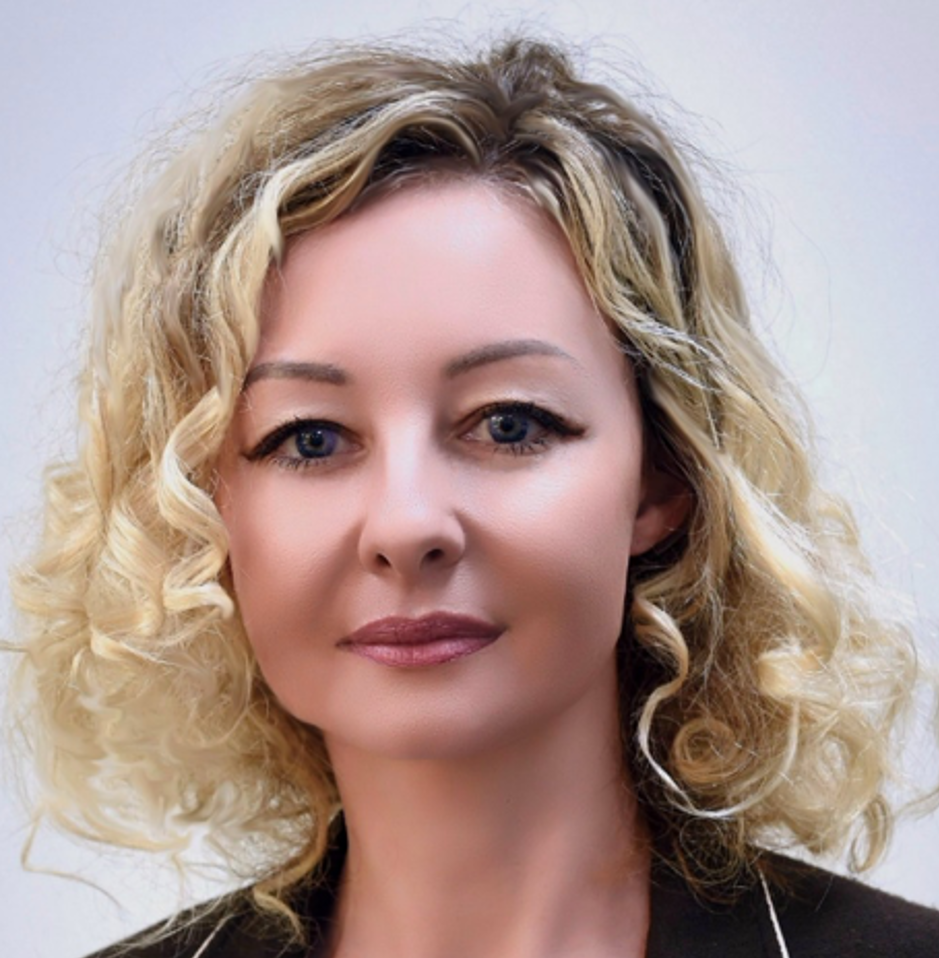Women in the Arabian Gulf today, are taking central stage in representing and occasionally spearheading the ongoing process of “nation”-state-building, as well as they contribute to the dynamic reorientation of the large-scale state-modernizing projects across the Gulf. While the current advancement of women in the region is transcending beyond the existing political, professional and leadership stage of women empowerment, their symbolic presence is now rapidly moving towards new unprecedented and “unimagined” spaces, specifically for these women as Arab and Muslim from the Gulf. Until very recently, for example, the Gulf states were the bastion of conservatism but now are parting with its traditional reading of gender roles. Conversely, women’s representation in the public across the Gulf—as strategically 2 framed by the local Gulf officials and media—is also now transforming, formulating women’s embedded positionality and image as part of a broader state agency agenda. More particularly, the state is rapidly yet cautiously advancing women’s multiple roles in all aspects of its diverse tapestry: young leaders, soldiers, educators, sportswomen, fighters, pilots, and “Spartan” mothers (mothers of the young soldiers of the nation). Therefore, women in the Gulf are symbolically emerging as the new ideological “instruments” of the state-led campaign to construct the multilayered vision of the nation-state building agendas and potentially to contribute to this construction and its direction. The workshop broadly examines the new state-sponsored policies, initiatives, regulations and projects aiming to enhance the public roles, positions, and representations of women in the Gulf in diverse fields, including politics, education, art, economy, army, culture or natural sciences. This workshop additionally aims to explore and synthesize the evolving features, dimensions, and types of female agency by empirically and theoretically looking at grassroots emancipatory activism in the Gulf. By dissecting these processes from a comparative perspective, this workshop intends to uncover complex and multiple interconnectivities and divergences between the two and to explore the implications in the approach towards female empowerment in Gulf states, as well as the dynamic state behaviors in attempting to capitalize on these outcomes.
3 DAYS / 12 Workshops
MORE THAN 300 ACADEMIC PAPERS
This workshop aims to expand our knowledge on women’s role, position and function
in the state-led endeavors towards modernizing the countries and building the nations
in the Gulf and advancing the individual nation’s reputation and cultural capital at home
and abroad. Observing the shifts in women’s status in state agendas during the past few
years, one has to note a departure, in many Gulf countries, from the traditional state
positions of conservative empowerment regarding the role, opportunities and spaces
available for women in the region, towards the creation of an emerging space of
opportunities. The GCC countries, to various degrees, for a long time were globally
criticized, commended and positioned based on a mixture of variables, including the
status of women in these countries and their female empowerment agendas, projects
and policies. Further complicating the investigation of women contribution to nation
building in the Gulf is the sensitivity of the status and place of women within Gulf
societies as a politically, religiously contested issue about which populist traditional
discourse is historically dominant.
The contestation is played out amongst the state, important traditional, political and
religious elites within the countries (Featherstone 1990) and the women rights groups
and NGOs around the world supported by political elites, the media and occasionally
the governments in the United States and Western Europe (Pinto 2012). The ideological
and traditional limitations imposed by religious authorities or tribal traditionalists
hindered women empowerment and participation on the levels of public discourse and
state policy. Since their formation, the states in the Gulf have led women empowerment
projects, in which they balanced the countries’ need for women participation,
international pressures and demands for more inclusive and gender sensitive policies,
3
on the one hand, and the national imperative to keep the restraints on women necessary
to maintain conservative forces within the society at bay, on the other.
The GCC countries are in continuous pursue to reproduce their own version of citizen
participation and the spaces and restrictions on them, managing a combination of -often
contradictory- national, regional and international pressures and demands. The increase
in the pace and scope of the region’s globalized economies and foreign relations
demanded shifting the global perception of the regimes, their modernization efforts,
and their citizens. Necessary for these shifts is the change to the position of,
opportunities for and conditions of women in these countries, especially with the
acceleration of global discourse on gender gaps, gender equality and women
empowerment in the past few decades. As of 2017, the World Bank reported that
women constitute more than half of the population in the GCC, yet do not exceed 25%
of the workforce in these countries (World Bank 2017, September 29)
This workshop will open the investigations of motivations, historical variables and
international pressures that have contributed to the emergence of women as a state
priority in the nation-building processes in the Gulf. Historical consideration of women
role and position within the Gulf countries and the dynamics that have led to current
changes are essential to advance our understanding of the national, regional and global
imperatives of the changes occurring to women’s role and position. Knowledge that is
sensitive to regional forces and country specificities and historical moments, locally
contextualized and globally informed.
The scope of this workshop also includes the study of effectiveness of these policies in
promoting women’s resources, economic and symbolic powers as important agent in
the process rather than tools that could be replaced or marginalized under new
circumstances which are not necessarily compatible with women role.
